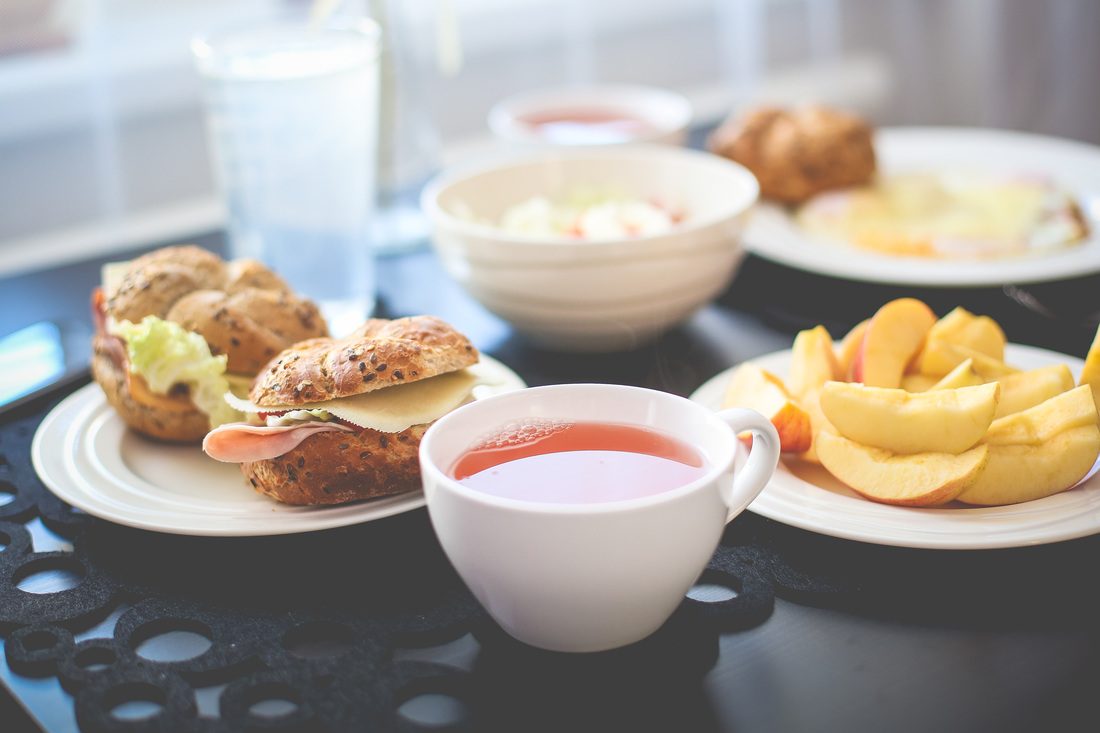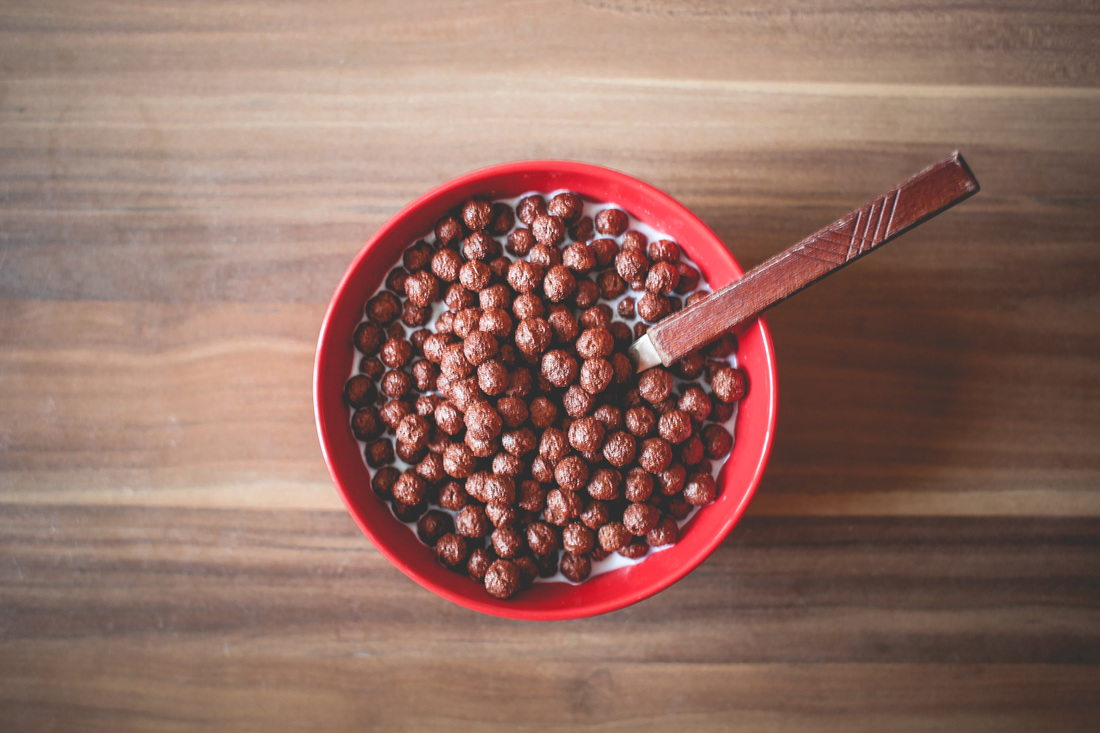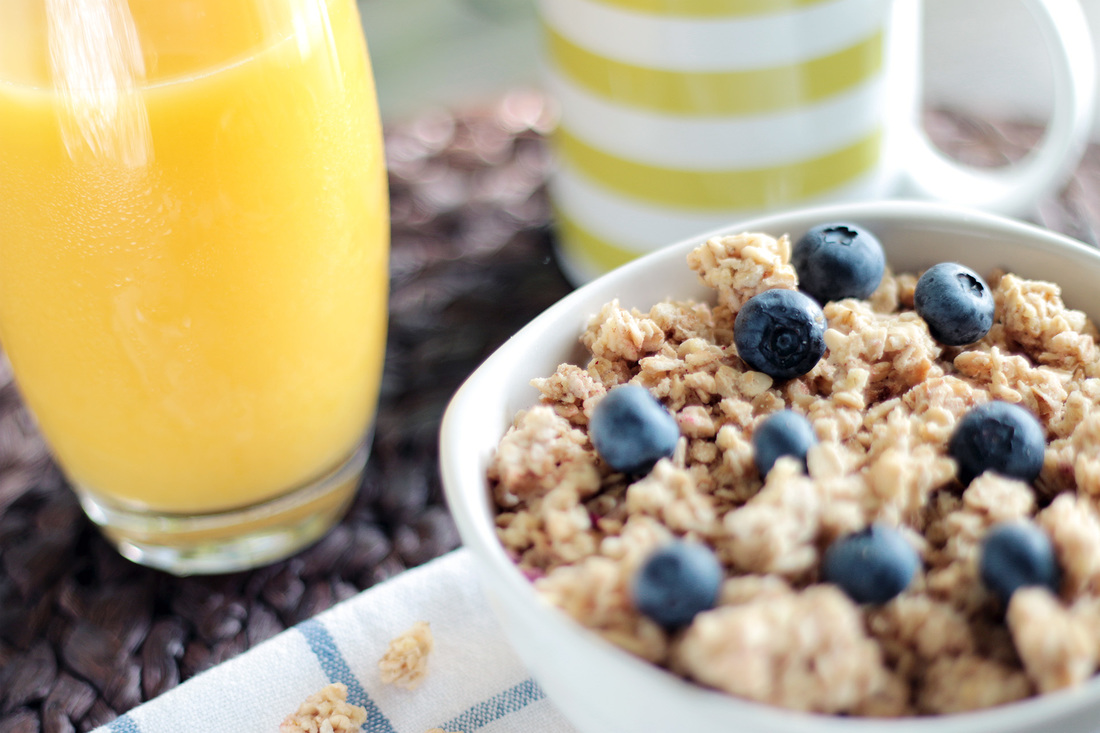|
According to recent WHO report, the prevalence of diabetes in adults worldwide will rise to 380 million in the year 2025. With an all time high obesity and diabetes, the need of the hour is to address the core issues and enable patients to take charge of their own lives. In this series of blogs I shall be talking about the four main pillars of diabetes management – Diet, Exercise, Medication and Monitoring. Beginning with diet, I shall cover Carbohydrates, Proteins, Fats, eating out options and reading food labels. In my practice one of the most common reactions to a diagnosis of diabetes is ‘Oh! I’ve never eaten much of sugar, rice, sweets or potatoes etc; and yet I have this disease. Now I can’t eat any of the food that I love.’ This feeling of deprivation is further compounded by societal interference leading to dejection and confusion. Unscientific remedies are tried, which offset any attempts at blood sugar control. People with diabetes often make wrong assumptions about the reasons for diabetes occurrence and its management. This stems from denial, having to make changes to control it and needing the support of family and friends to combat this life altering and potentially life threatening disease. It is important that patients understand how to control their diabetes through simple and small lifestyle modifications on a daily basis. Diabetes education regarding diet, exercise, medication and monitoring is imperative. The most important dietary rule of Diabetes: There is NO “Diabetic Diet”. It is vital to understand that healthy eating isn't about deprivation or denial. Having diabetes need simply translate into eating a variety of foods in moderate amounts and sticking to regular mealtimes. This means choosing a diet that is balanced in all macro-nutrients like carbohydrate, protein, healthy fats and all essential vitamins and minerals. There is no “diabetic diet” as such. It’s a diet that is nutritionally adequate, tasty and individualised, that even people without diabetes may follow to stay healthy. It is important for a person with diabetes to know which foods will raise their blood sugar to what extent. Carbohydrates contribute the most to blood sugar levels. Carbohydrates (‘carbs’) are the sugars, starches and fibres found in fruits, grains, vegetables and milk products. There are two types: simple and complex. Whole grains like wheat, oats, barley, pearl millet, whole fruits and vegetables, brown and red rice are all good sources of complex carbs. All these food items when processed into finer grain size and products become simple to digest and increase blood sugar quickly.Bread, cookies, candy, juices, cola, sugar, honey, jaggery are some sources of simple carbs. Monitoring carbs is the key in achieving glycemic control. Both the amount and type in food influence blood glucose levels. While emphasis should be on increased complex (high fiber) carbs, excess amount of even complex carbs in a meal could lead to high blood sugar.The amount of carbs that maybe consumed is based on multiple factors including activity and medication. This should be constant and ‘binge’ eating is to be avoided. Eating very low carb diet is detrimental and the recommended range is 45–65%of total calories. So, restricting total carbs to <130 g/day (approximately 6 cereal exchanges/ day) could impair the functioning of brain and heart and lead to hypoglycemia (low blood sugar). Despite the person`s wishes, families find it difficult to follow a restrictive carb plan and I have often seen such rigid approaches contributing to disordered eating behaviour. (Cereal Exchange: an exchange can be understood as 1 palm sized tortilla, 1 medium sized bowl of brown rice, 1 fistful of pasta, 1 palm sized chapatti, 1 medium bowl of broken wheat or oats porridge, 1 slice (3 X 3 inch) of whole wheat bread.) Carbs are a must in every major meal especially after alcohol consumption to regulate sugar levels and avoid hypoglycemia. Different methods may be used to estimate the carb content of meals like:
So what is needed is to understand what food item is a source of healthy complex carbs, and have minimum 6 exchanges per day (2 cereal exchanges/ meal) and keep in between snacks protein rich. Upcoming Blog - “Proteins to the rescue”  Author - Pariksha Rao is based in Bengaluru, Imdia. She is a clinical nutritionist, IDF certified diabetes educator, sports nutritionist and a lactation expert, with more than a decade of experience across pharmaceuticals, hospitals and research sectors. Having trained over a 1000 paramedics on personalised patient/consumer care and counselling, Pariksha believes counselling is a holistic approach to achieve long term behaviour modification by setting mutual, achievable, measurable and realistic short term goals.
13 Comments
1/19/2016 16:23:33
Indeed an informative blog which really have busted a lots of myths about Diabetes. Good one..
Reply
Rashima chhabra
1/19/2016 17:21:37
Very informative.
Reply
Debashis Bhattacharya
1/19/2016 18:30:20
Thank you for your comment
Reply
K V SURYA MOHAN
1/20/2016 05:31:19
Excellent and very informative article esp. for Diabetics. Look forward to further posts on the subject.
Reply
Debashis Bhattacharya
1/20/2016 09:20:34
Thanks Surya Mohan for your encouragement
Reply
Himani Sachdeva
1/20/2016 14:43:00
Great help for diabetics....well informative !!!
Reply
Debashis Bhattacharya
1/20/2016 15:39:29
Thanks Himani for your comment
Reply
Pallab Banerjee
1/23/2016 01:39:14
Informative article and one that challenges some popular "wrong" ideas about food and its relation to D.
Reply
Debashis Bhattacharya
1/23/2016 02:39:33
Thanks Pallab for your observation and comment
Reply
meenakshi.prabhakar
9/7/2016 05:13:20
Excellent information. Simple and can be implemented easily. Keep it up.
Reply
8/27/2019 15:44:33
Nice Article! <a href="https://diabliss.in/product/diabetic-biscuits-millet-cookies/"> Millet Cookies </a> naturally has a low GI based diet can help you to control weight in a healthy way.<a href="https://diabliss.in/product/diabetic-biscuits-millet-cookies/"> Diabliss Millet Cookies </a> are a great gift to diabetics and prediabetics & health-conscious individuals for numerous occasions because they have a low glycemic index score of less than 20 and have no cholesterol or trans-fat!
Reply
Leave a Reply. |
AuthorsDebashis Archives
December 2016
|




 RSS Feed
RSS Feed
